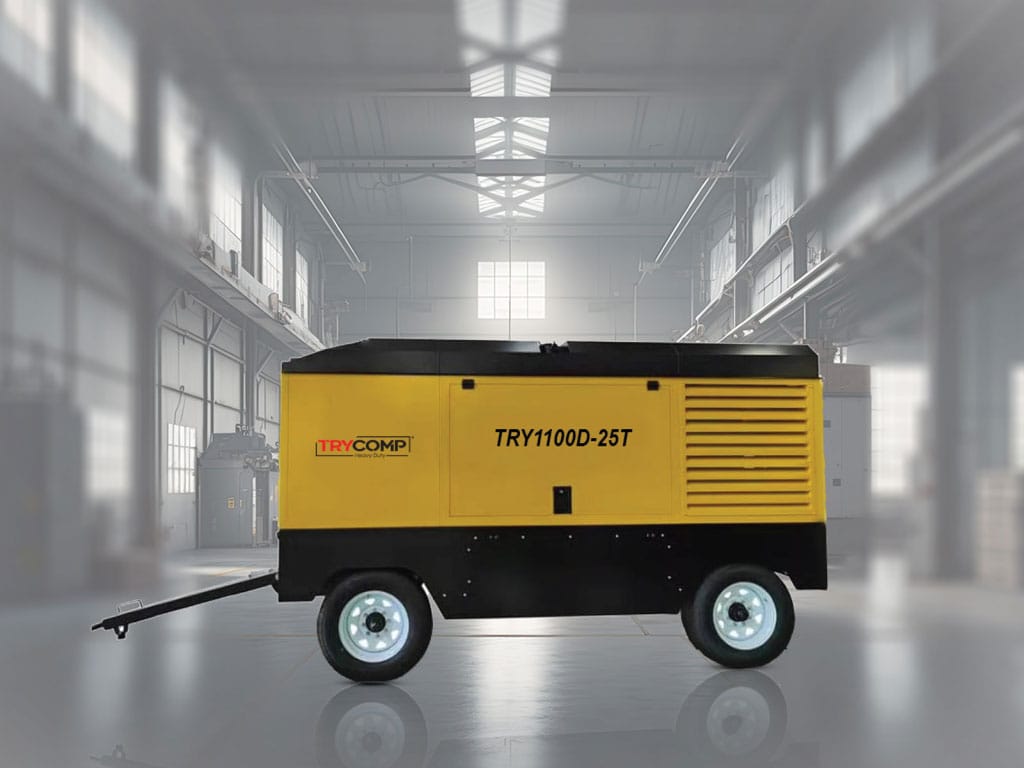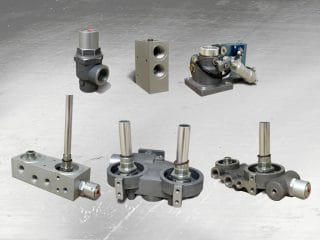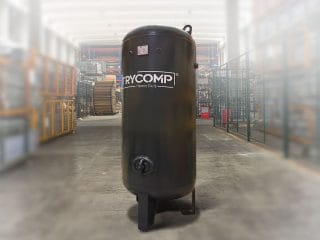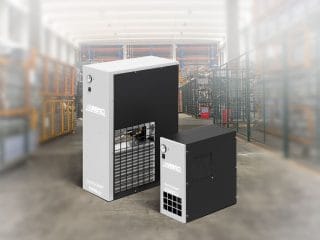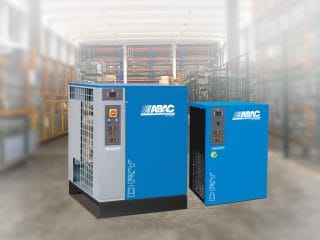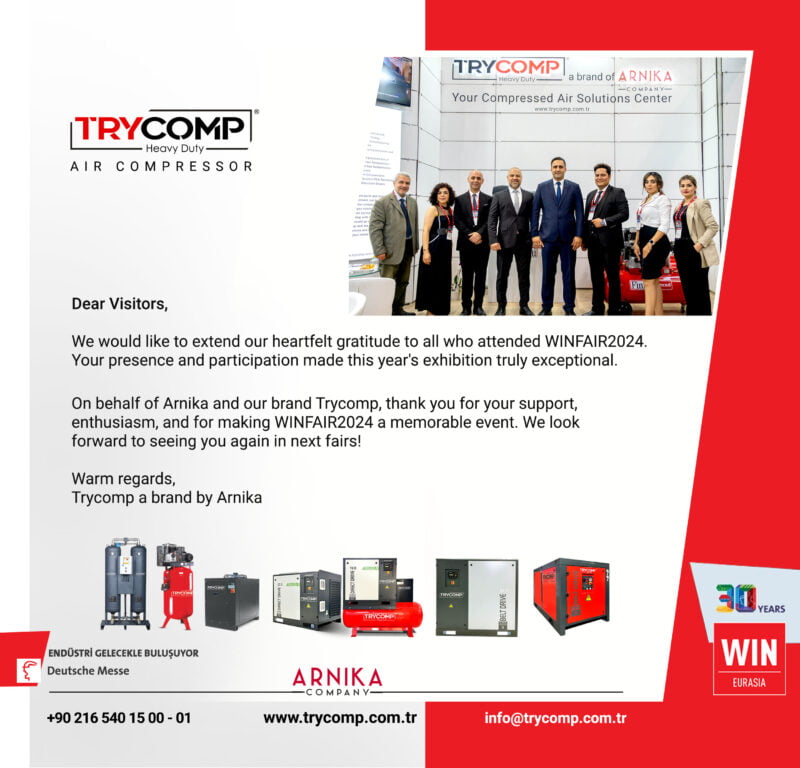Double Stage Air Compressor: Features and Operation
1. Structure and Design
- Diesel Engine: These compressor utilize a diesel engine to provide mechanical power, particularly advantageous in locations with limited access to electricity.
- First Compression Stage: In this stage, air is initially compressed through pistons or compression wheels.
- Second Compression Stage: The air compressed in the first stage enters the second stage, where it is subjected to higher pressure to reach the final pressure.
- Cooling System: Due to the high pressures and temperatures generated, these compressors typically feature advanced cooling systems (air or water-cooled).
2. Operation
- Suction Stage: Air is drawn through the compressor inlet into the cylinders or compression wheels.
- Primary Compression Stage: In this phase, air is compressed by pistons or compressor wheels, increasing its pressure.
- Secondary Compression Stage: The air is transferred to the second stage and subjected to further compression until it reaches the final pressure (up to 40 bar).
- Discharge Stage: The compressed air exits the compressor and is sent to the desired systems or storage tanks.
Advantages
- High Pressure: Capable of producing very high pressures (up to 40 bar) for industrial and heavy applications.
- Portability: The diesel engine enables use in areas without access to electricity.
- Stable Performance: The two-stage design enhances efficiency and stability at high pressures.
Disadvantages
- Pollution and Noise: Diesel engines typically generate more pollution and noise compared to electric compressors.
- Operational Costs: Fuel and maintenance costs for diesel engines can be relatively high.
- Installation Space: Due to their more complex design and cooling system requirements, they require more space for installation and operation.
Applications
- Oil and Gas Industry: For compressing various gases and transporting them under high pressures.
- Petrochemical Industry: In chemical processes that require high pressures.
- Construction and Civil Engineering Projects: To supply compressed air for large projects, particularly in areas without electricity.
- Power Generation: In power plants to supply high-pressure compressed air for gas turbines.
Maintenance and Repairs
- Engine Maintenance: Regular inspections and oil changes for the diesel engine, as well as checks on fuel systems.
- Cleaning: Routine cleaning of filters, wheels, and cooling systems.
- Periodic Inspections: Regular checks to ensure proper compressor operation and identify issues before serious damage occurs.
Conclusion
Diesel double stage air compressor up to 40 bar are suitable for industrial and heavy applications due to their ability to produce very high pressures and operate under various conditions. Considering their advantages and disadvantages, selecting these compressors can enhance the efficiency and performance of compressed air systems tailored to specific industry needs.
